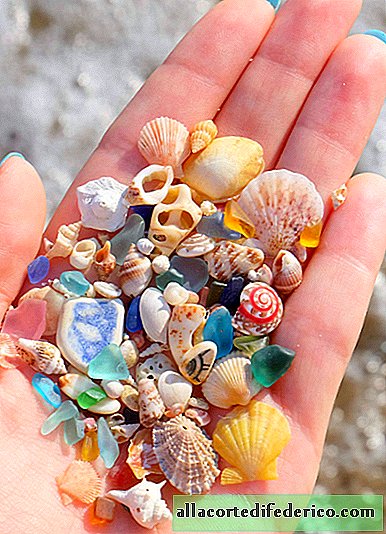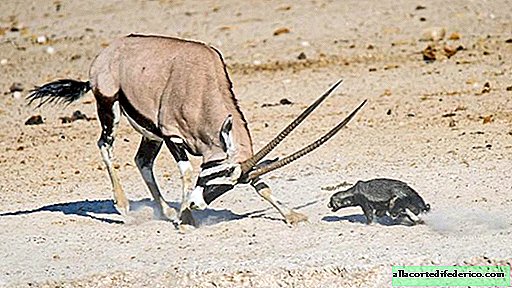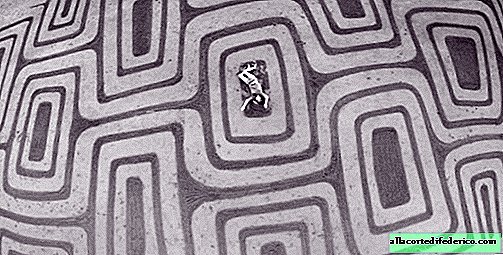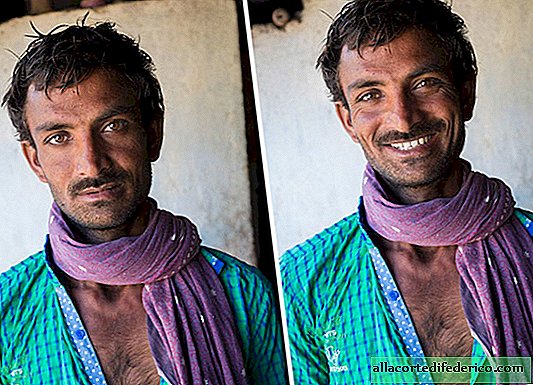Feathered evil: what happens in the nest where the cuckoo threw its egg
Because of their peculiarity, cuckoos toss eggs into other people's nests have become notorious for poor mothers and lovers of an easy life. They do not build nests, do not hatch their eggs, and do not feed their chicks, and other birds do this work instead. But it turns out that cuckoos do not just throw their eggs, but do it so skillfully that the process of forgery is more like a spy detective story than a plot from the wildlife world.

All representatives of the cuckoo genus, and this is more than 15 species inhabiting the expanses of Eurasia and Africa, are nesting parasites, that is, they throw their eggs in the nests of other bird species. Common in Russia common cuckoo, which is familiar to many by its characteristic singing, lays its eggs in the nests of many birds. These are, as a rule, birds that are inferior to cuckoos in size: reeds, zhulans, zanyanki, wagtails, finches and others.
But cuckoos do not just toss their egg into the first nest that comes across. This is preceded by painstaking work: an insidious bird watches the nest of future parents from the moment of its construction. And as soon as careless parents lay their eggs, a couple of cuckoos begin to implement their insidious plan. The male is given a special honorable role in this drama. He distracts future adoptive parents and leads them away from the nest with his loud cry “cuckoo,” while the female lays an egg. Sometimes the female lays an egg on the ground, and then transfers it in its beak and throws it into the nest. When forging, the female performs an important ritual: she always throws one host egg out of the nest so that the birds do not suspect anything.

If the cuckoo is very late with laying an egg and sees that eggs have already been laid in the nest that attracted her, then it often breaks the nest, forcing the educating parents to lay a new batch of eggs. And this is done in order to lay your egg with the smallest time difference. The little cuckoo must hatch before its competitors - this is the key to its survival.
As soon as the cuckoo hatches, the following happens in the nest of the newly minted parents.
The rapid emergence, in comparison with other chicks, provides the cuckoo with features of an early stage of development. The fact is that the egg after fertilization remains inside the cuckoo and, under the influence of higher temperatures, the accelerated development of the embryo begins. Therefore, getting into the nest a bit later than other eggs, the “gift” of the cuckoo still has an advantage in time.
The common cuckoo that lives in our latitudes is a migratory bird that spends the winter in tropical Asia or Africa. During the summer, a negligent mother manages to lay and toss up up to 10-15 eggs into someone else's nests. This is quite a lot, but, given the fact that after laying the eggs all worries about the offspring end, the cuckoo can count on the fact that all her offspring will survive to adulthood. Although ornithologists describe cases where a mother cuckoo visited a nest to check if everything is okay with her cuckoo.

Interestingly, as future parents, cuckoos, as a rule, choose the same birds from which they grew themselves. In this case, an interesting fact can be observed: cuckoo eggs can be of different colors from pure white to spotty and gray-blue, depending on which birds they plant their eggs on.
Left alone and receiving the full amount of food that parents-educators can get, cuckoos grow very quickly. After 2-3 weeks, they no longer fit in the nest and exceed the size of their "parent" several times. But educators, as before, do not suspect anything and souls do not chase in their children.

Cuckoo birds are not the only birds involved in nesting parasitism. This art of survival is owned by the black wood ducks that live in South America, some species of honey pointers, representatives of the genus of cow corpses and the genus of the widow from the weaver family. There are several species of anseriformes that occasionally throw their eggs, but forgery is not their only way of survival.

















